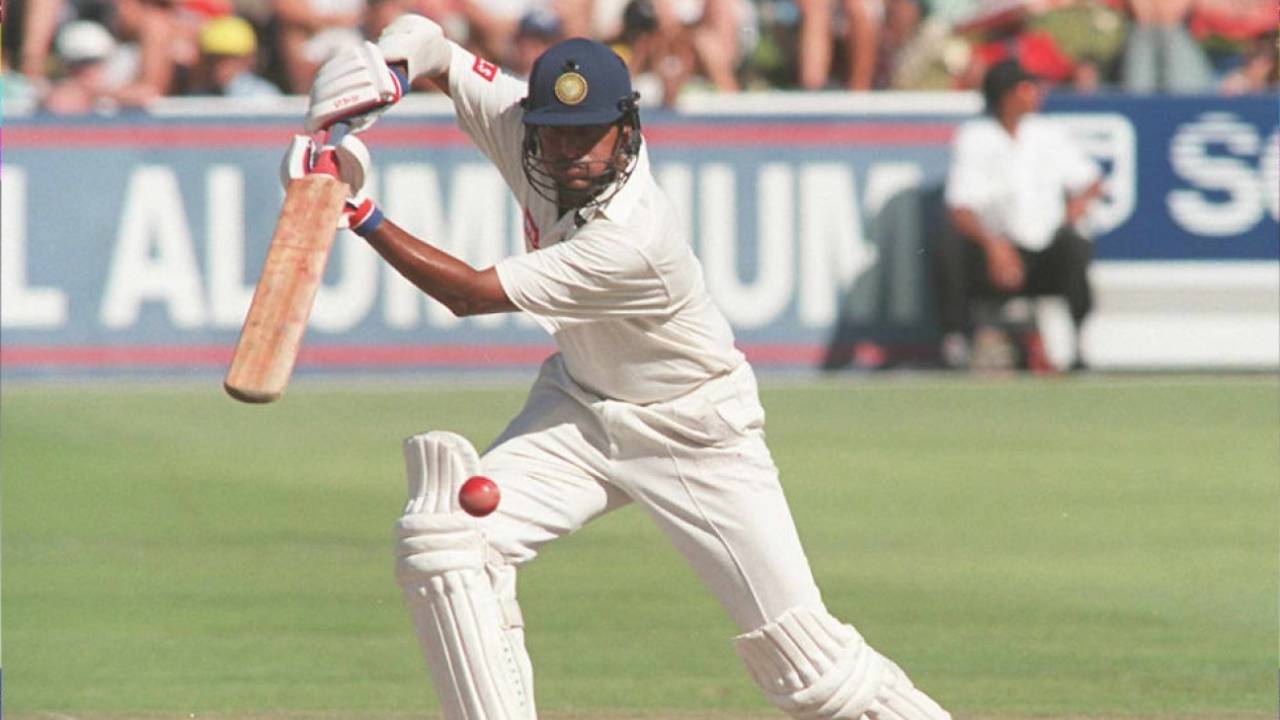What India women can expect from WV Raman
A hard taskmaster at times, an astute judge of the game, and someone not shy of voicing an opinion are the key traits of the new coach
WV Raman drives the ball • AFP
Shashank Kishore is a senior sub-editor at ESPNcricinfo
